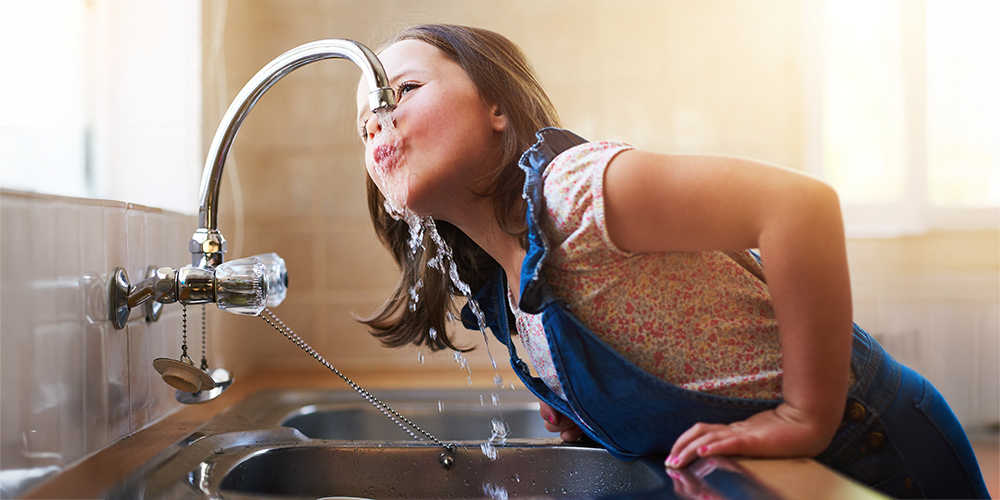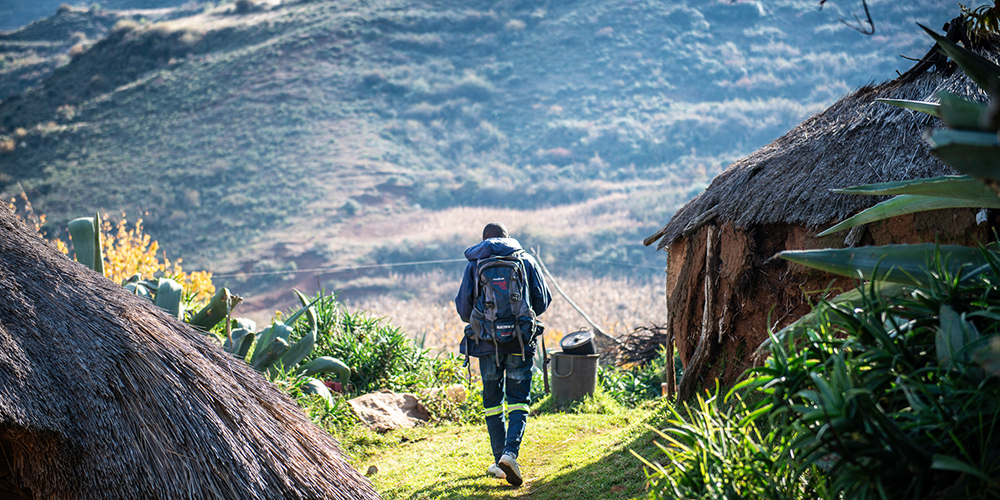Dr. Halyna Tsyhanenko fled Ukraine for Switzerland in 2022, and settling in was challenging. With support from the international network «Scholars at Risk» (SAR), she joined the University of Basel, where she was able to continue her social psychology research for two years. In this interview, she shares her experience.
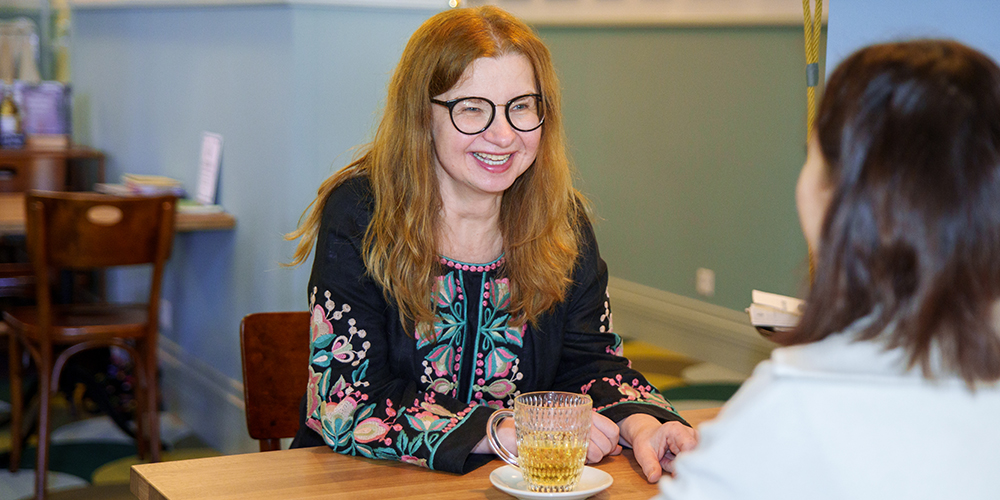
With a new president and in a new composition, the University Council of the University of Basel has entered the 2026–2029 performance period. At its inaugural meeting, the body confirmed several personnel decisions.
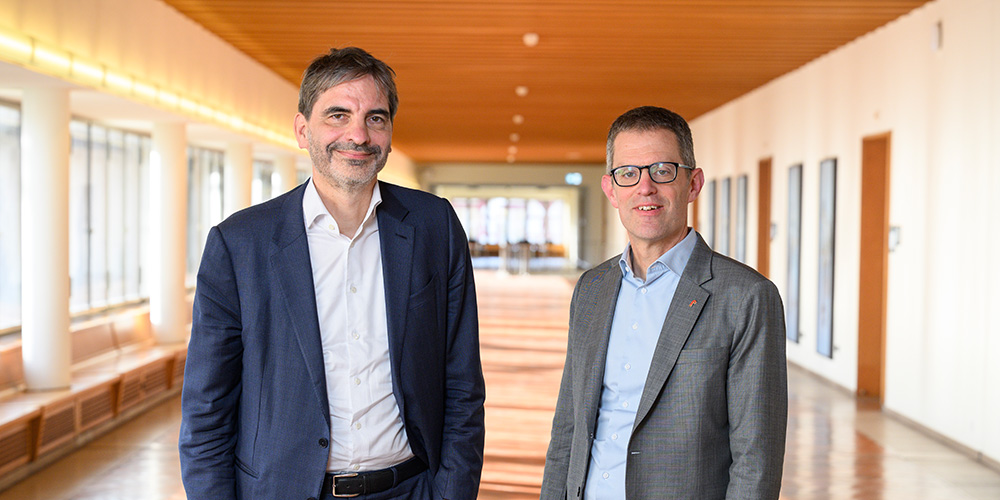
Data from a global study confirms that well-being and mental health suffered during the Covid-19 pandemic. Researchers from the University of Basel and the University Psychiatric Clinics Basel (UPK) have analyzed the Swiss data together with an international group of authors.
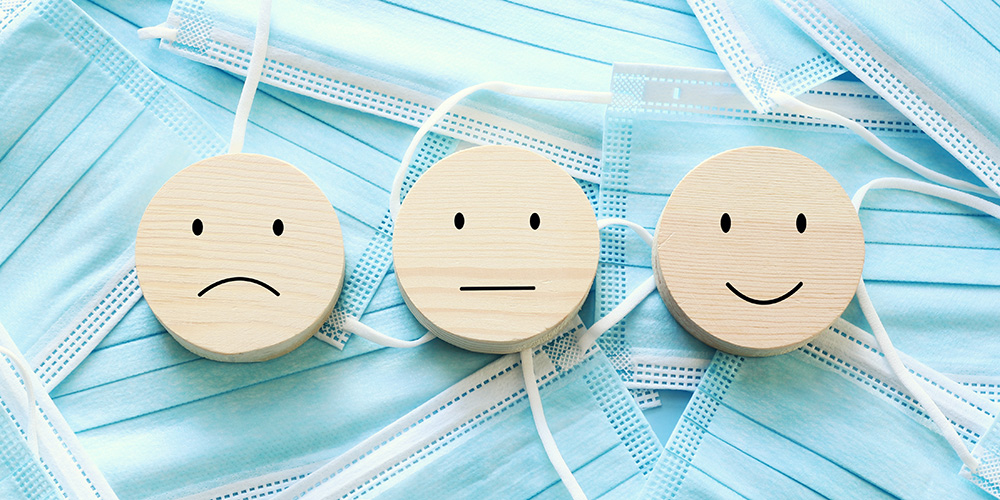
From studies involving schoolchildren to AI-based methods: research raises ethical questions. Dr. Isabelle Wienand has headed the University of Basel's Research Ethics Committee since its inception. She explains why universities need their own ethics board – and what matters most for responsible research.
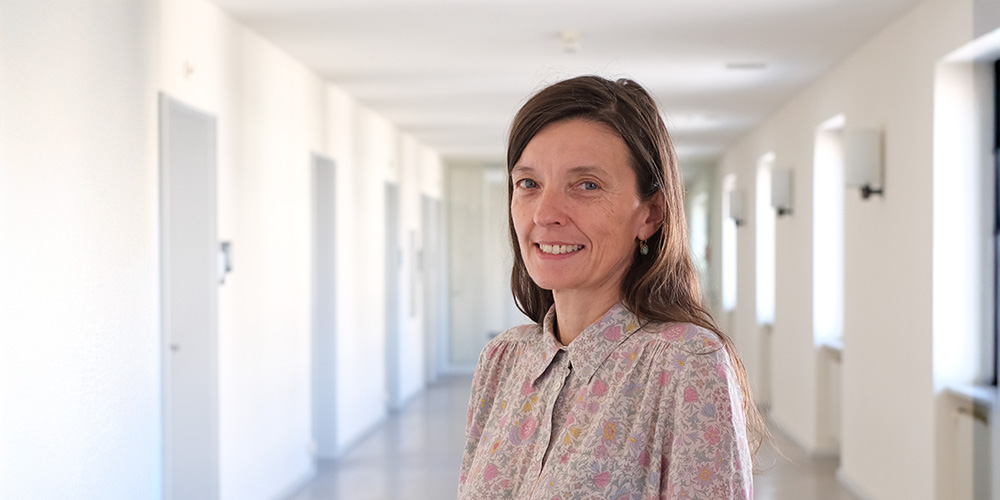
A new National Center of Competence in Research (NCCR) is dedicated to cutting-edge research in high-precision measurements. As the second home institution, the University of Basel will play a central role in NCCR ‘Precision’.
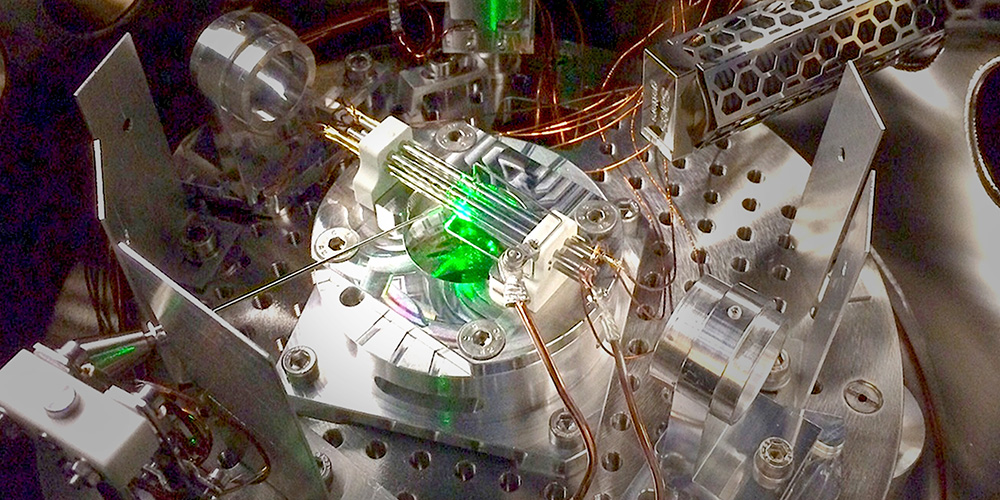
Researchers at the University of Basel and the ETH in Zurich have succeeded in changing the polarity of a special ferromagnet using a laser beam. In the future, this method could be used to create adaptable electronic circuits with light.

Researchers at the University of Basel and the Laboratoire Kastler Brossel have demonstrated how quantum mechanical entanglement can be used to measure several physical parameters simultaneously with greater precision.
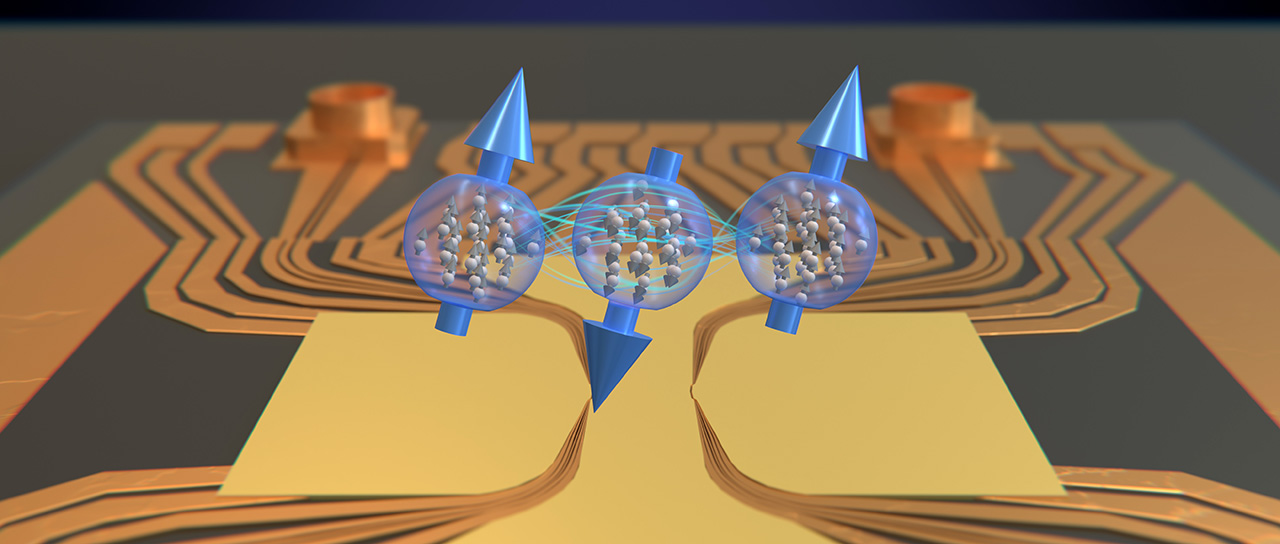
Researchers have deciphered the diet of an important nomadic people in Eastern European history. By analyzing dental calculus, they have provided the first direct evidence that the diet of the Scythians included milk from various ruminants and horses.
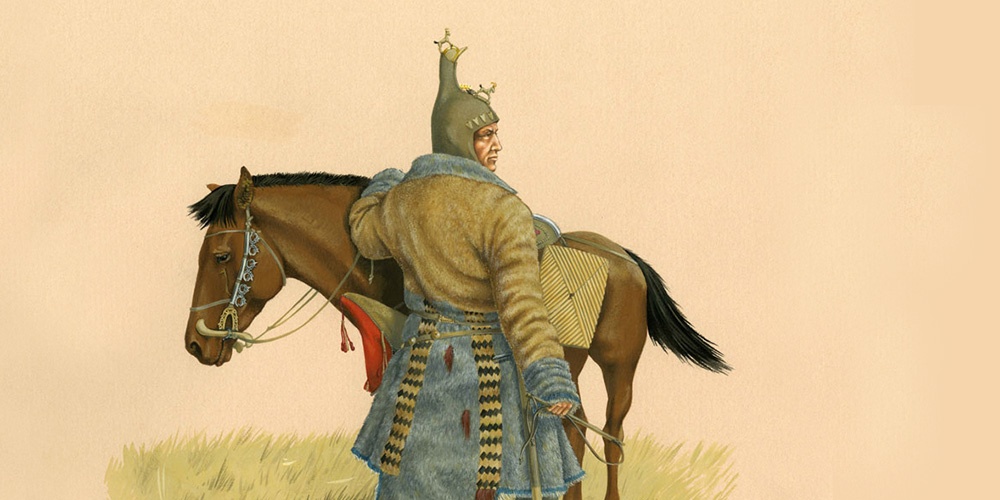
Fluoride is used worldwide to prevent tooth decay. However, health concerns are raised, particularly in places where fluoride is added to drinking water. An international research team involving the University of Basel has evaluated data from over 11 million births and reached a clear conclusion.
